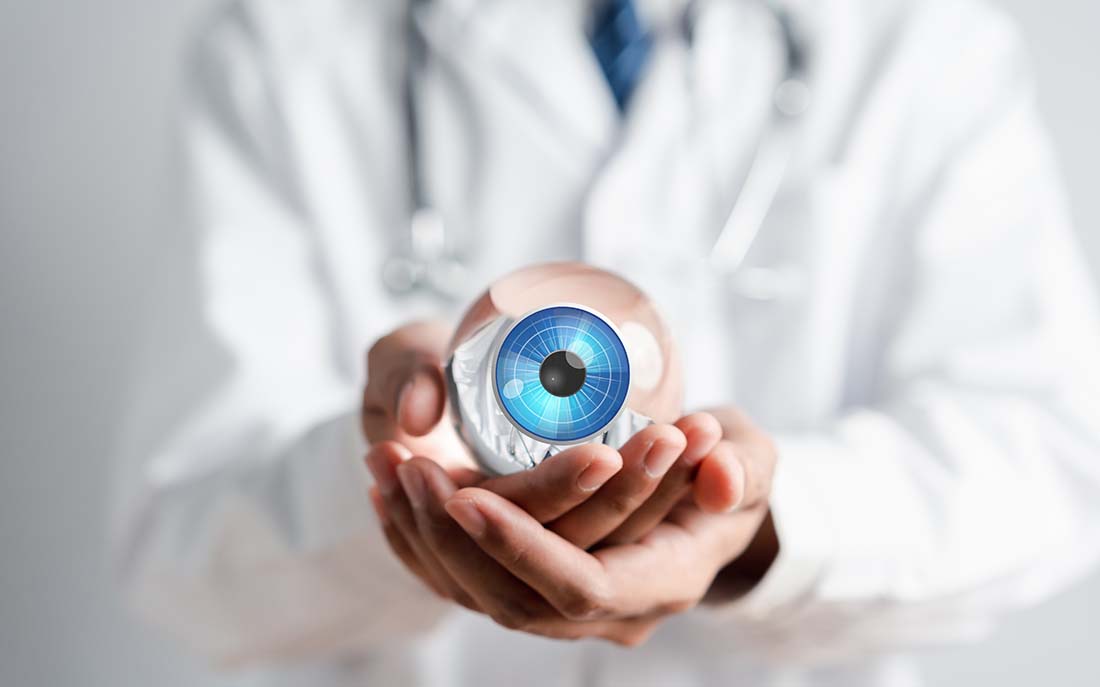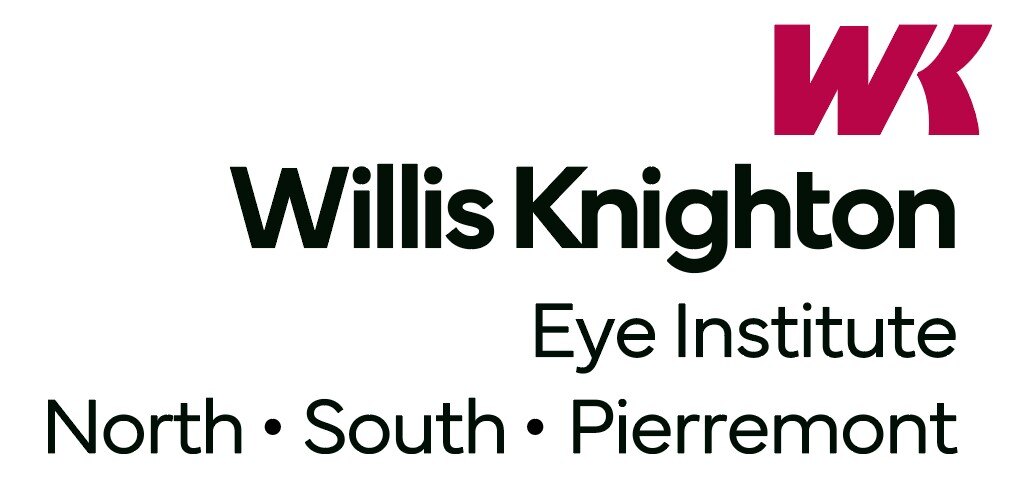The landscape of cataract surgery has undergone a significant transformation with the introduction of laser technology. Advances in laser cataract surgery offer enhanced precision, shorter recovery times, and improved visual outcomes, marking a departure from traditional surgical methods. This blog post explores the technological innovations behind laser cataract surgery and examines its benefits over conventional techniques. As we delve into the mechanics, patient experiences, and future potential of this advanced procedure, we highlight why more patients and ophthalmologists are opting for this state-of-the-art solution.
A Clearer View: How Laser Technology Works
Laser cataract surgery utilizes cutting-edge femtosecond laser technology to achieve remarkable precision. This advanced laser emits ultra-short pulses that create precise incisions in the eye, a significant improvement over the manual techniques used in traditional surgery. The accuracy of the femtosecond laser not only enhances the surgeon’s ability to shape the lens with exactitude but also minimizes tissue damage, leading to quicker recovery times.
- Precision: The laser’s high level of accuracy ensures exact incisions, reducing the risk of astigmatism.
- Safety: With less energy used during the procedure, there is a lower risk of thermal damage to surrounding eye tissues.
- Recovery: Patients typically experience a faster return to clear vision, often noticing improvements within a day.
These technological advancements contribute significantly to improved visual outcomes for patients undergoing cataract surgery. By harnessing the power of femtosecond lasers, ophthalmologists can offer a safer, more effective, and patient-friendly alternative to traditional methods.

Comparing Techniques: Laser vs. Traditional
When comparing laser cataract surgery to traditional methods, several key differences emerge that highlight the advancements in patient care and surgical outcomes. Traditional cataract surgery, often relying on manual incisions made with a scalpel, has been the standard for decades. However, laser cataract surgery introduces a level of precision that significantly reduces the risk of complications and enhances the accuracy of lens placement.
- Procedure Time: Laser surgery is generally quicker, as the laser’s precision speeds up the process of lens fragmentation and removal.
- Complications: The risk of surgical complications such as infection and inflammation is lower with laser techniques due to the minimally invasive nature of the laser incisions.
- Long-term Results: Patients who undergo laser cataract surgery often experience better visual outcomes and a lower incidence of post-surgical astigmatism.
Recent studies and expert opinions consistently support the superiority of laser techniques over traditional methods. This shift not only improves patient outcomes but also aligns with a broader trend towards adopting more technologically advanced medical procedures in ophthalmology.
Patient Perspectives: What to Expect During and After Surgery
Understanding the patient experience during and after laser cataract surgery is crucial for those considering this advanced procedure. From the initial consultation, patients are guided through a streamlined process that emphasizes comfort and clarity. Pre-surgery preparations typically involve a detailed eye examination and discussions about the patient’s vision goals and health history.
- During Surgery: The procedure itself is quick, often completed in about 15 minutes per eye, with patients awake but under mild sedation to ensure comfort.
- Post-Surgery Care: Recovery is notably swift, with many patients reporting significant improvements in vision almost immediately after the surgery. Follow-up care includes several check-ups to monitor the healing process and optimize visual outcomes.
Feedback from patients consistently highlights the minimal discomfort experienced and the rapid return to daily activities. This positive patient feedback underscores the benefits of laser cataract surgery, not only in terms of surgical precision but also in enhancing the overall patient experience.
For those considering laser cataract surgery or seeking more information on the latest advancements in eye care, visit The Cataract Surgeons to explore your options and schedule a consultation.



